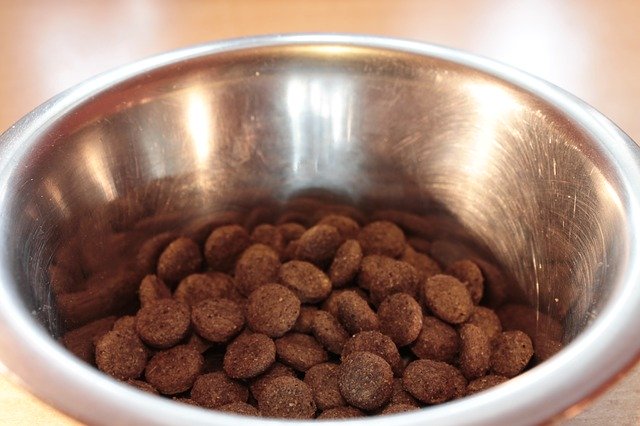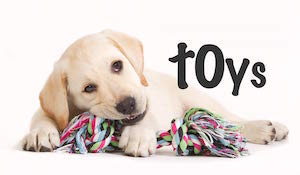Puppies grow at a rapid rate and require a diet to aid their physical development.
Three meals per day is recommended up to the age of around 4 months. Feeding at evenly spaced intervals will avoid over stretching their tiny tummies. Moving on to 2 meals a day for the rest of the dogs life, will keep his digestive system from overloading.
Puppy Feeding tips:
Don’t leave kibble out for your puppy to ‘graze’ all day. If your puppy hasn’t consumed his meal within 5 to 10 minutes, put it away until the next feeding time. If you substitute the first meal you offered, for something more palatable, you’re on the way to training a ‘fussy eater’! The tiny foil puppy meals are very palliative to your puppy, however our recommendation, substitute for fresh mince or chicken neck or chicken wing.
Your puppy will take serious notice of who is delivering his meals and how long he has to consume them. Feeding your puppy, shows leadership and builds trust. Give him a sit stay command, followed by and ‘ok’ to start to eat.
Food is a powerful training tool, consider the quantity used for training and reduce his meal by that amount. This will avoid an overweight puppy.
Fresh water should always be available. Wash the bowl daily.
Changing a puppy’s diet can cause gastric problems, do so gradually.
When you get the diet right for your puppy, he/she should deliver ‘silicone sausages’ on the grass after each meal [ poop]! Check those steamers daily!
Feed a quality kibble as there are numerous choices.
The lower the grade of kibble fed, the more you need to put into his dish to satisfy the hunger. Dogs can suffer from Coprophagia [eating their own faeces]. This disgusting habit can occur when there is a nutritional imbalance in their diet. Feeding chicken hearts should avoid this behaviour.
If your new puppy is not accustomed to dry kibble, soak it in warm water, or add some mince and warm water, to make a ‘puppy soup’.
Some puppies and mature dogs can be sensitive or intolerant to certain foods, with symptoms of:
- lethargy
- hyperactive behaviour
- chronic skin and ear problems
- loose bowels or diarrhea
If in doubt, consult your vet.
Supermarket treats should be given sparingly, as some of them are loaded with sugar, salt and milk products. Avoid obesity, by checking the label before purchasing. Raw carrot sticks, celery sticks, beans, slices of apple and banana are excellent choices.
Enjoy puppyhood, it doesn’t last long.
written by Lee Hettiger





0 Comments